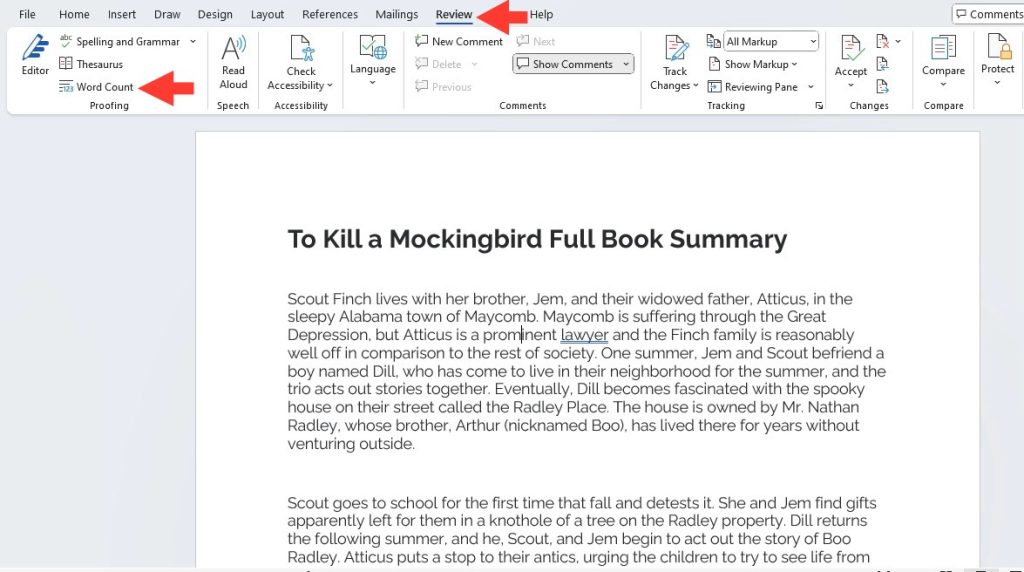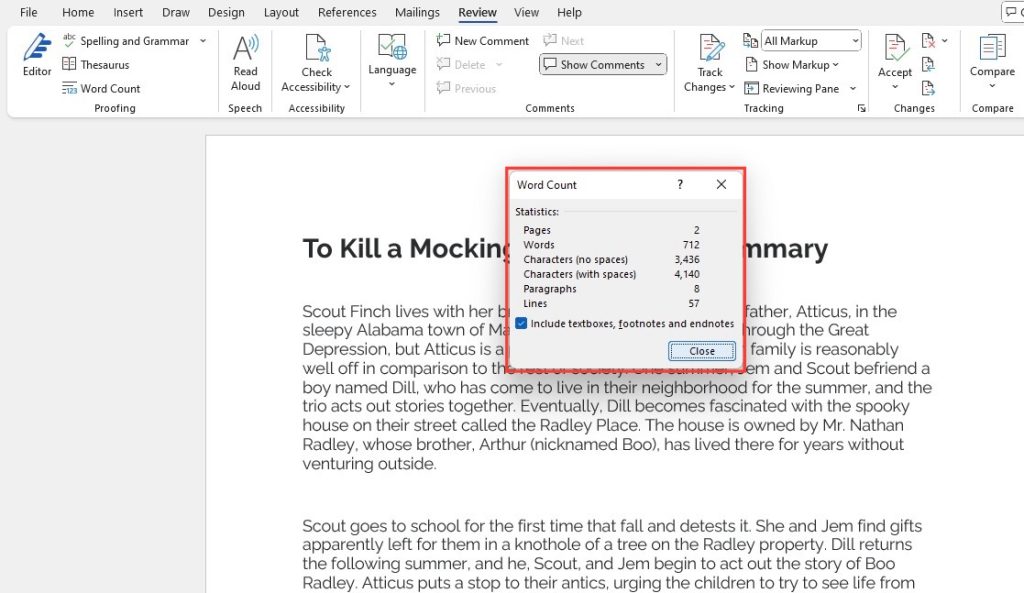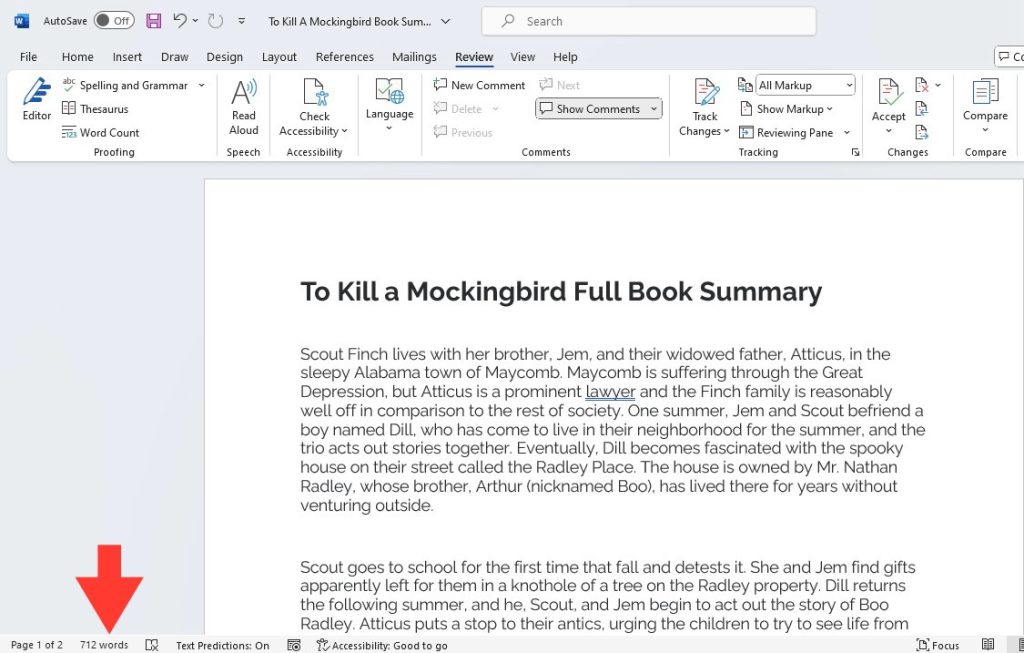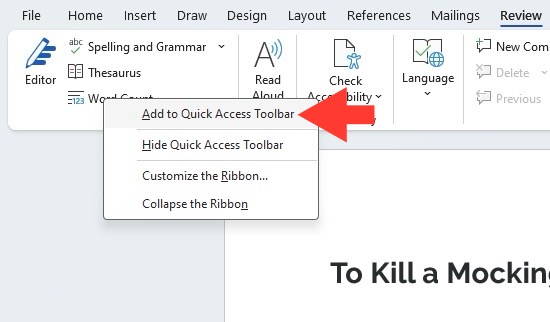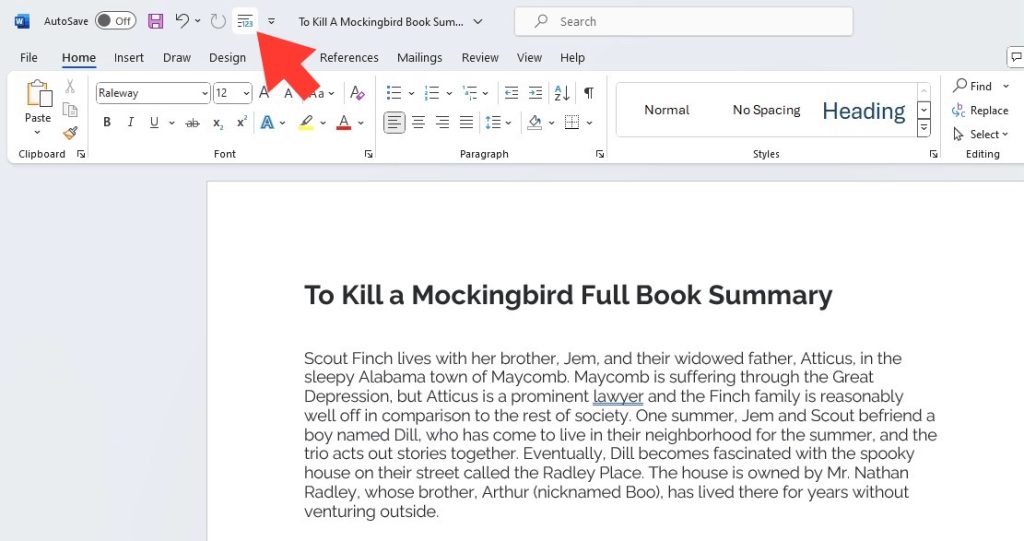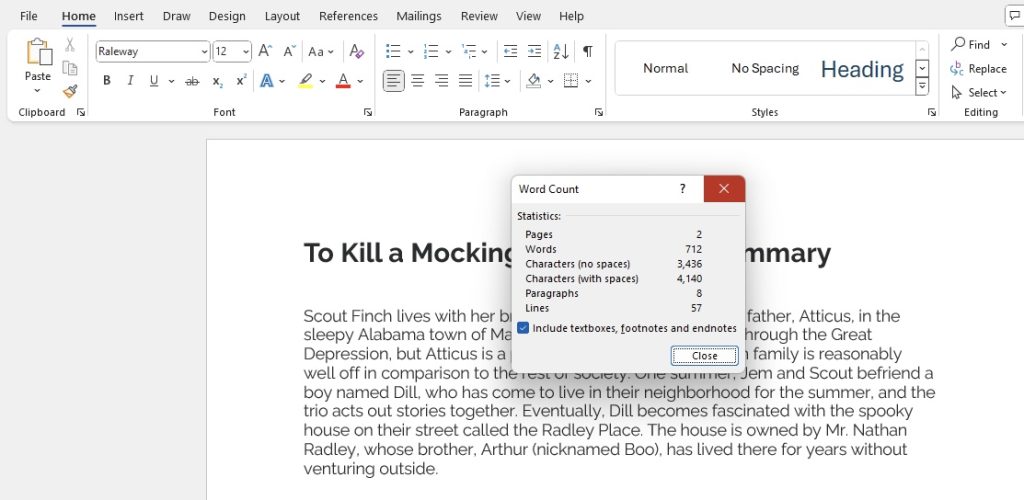Discovering the character count for Microsoft Word documents is essential when dealing with specific requirements for text length. Go to the “Review” tab on the ribbon – it’s your go-to place for checking the length of your document. They’ll reveal your count with or without including spaces, depending on your preferences.
Download our 141 Free Excel Templates and Spreadsheets!
Key Takeaways
- To quickly view character count in Microsoft Word, you can click on the word count displayed on the status bar at the bottom left of your document, which opens the Word Count dialog box showing detailed document statistics including character count.
- For a more comprehensive view, users can access the “Review” tab, navigate to the “Proofing” section, and select “Word Count” to see characters with and without spaces, along with other document metrics such as pages, words, paragraphs, and lines.
- Keyboard shortcut aficionados can press Ctrl + Shift + G to instantly open the Word Count dialog box, thereby efficiently checking the character count without navigating through the Word Ribbon interface.
Table of Contents
Navigate to Character Count with Ease
A Step-by-Step Guide to Accessing Character Count
Accessing your document’s character count in Microsoft Word is a breeze with just a few clicks or keystrokes. Here’s how you can get right to the comprehensive word and character metrics:
STEP 1: First, open your document in Word to get started.
STEP 2: Next, navigate to the “Review” tab on the Word ribbon at the top of your screen.
STEP 3: Click on the “Word Count” button in the “Proofing” section.
STEP 4: A dialog box will pop up displaying detailed statistics, such as pages, words, and, crucially, characters both with and without spaces.
For those who prefer a more straightforward path, keep an eye on the status bar at the bottom of your Word window. Clicking on the word count there brings up the same dialog box without navigating through the tabs.
Tips for Quick Access to Character Count Information
For those frequently needing to check character counts, optimizing your workflow could save you precious seconds with each check. Here’s how to have that information at your fingertips:
-
- Pin to Quick Access Toolbar: Right-click on the “Word Count” feature within the “Review” tab and select “Add to Quick Access Toolbar.” This will place the character count icon at the top of your Word window, where you can click it anytime, no matter which tab you’re currently on.
- Word Status Bar: By default, the Word status bar at the bottom shows the word count. Double-clicking this number will bring up detailed statistics including character count.
- Shortcuts Customization: Add character count to the Quick Access Toolbar for even faster access. For Word on Windows, after clicking on “More Commands,” select “Review” from the “Choose commands from” menu, find “Word Count,” and then click the “Add” button. On Mac, access the “Ribbon and Toolbar” dialog box to add “Word Count” to the Quick Access Toolbar.
Using these methods, they make character count always just a click or two away, which can be a serious advantage when efficiency is key.
Beyond Characters: Exploring Word’s Count Features
From Words to Paragraphs: What Else Can You Count?
When working on a document, you might find yourself needing to track more than just characters and words. Microsoft Word caters to that perfectly. By exploring Word’s count features, you can quantify:
- Pages: Useful for estimating the length of your document.
- Paragraphs: Helps in gauging the structure and organization of your text.
- Lines: Essential for scripts or texts with specific line requirements.
- Words: A standard metric for text length in various professional and academic settings.
When you dive into Word’s “Word Count” dialog box, which contains these counts, they help you meet specific guidelines required for your project or provide a clearer structural overview of your document.
Utilizing Advanced Word Count Options for Detailed Analysis
Going beyond the basics can provide a richer understanding of your document’s composition. Microsoft Word’s advanced count features include:
- Character Count with and without Spaces: Knowing the precise number of characters may be vital for meeting character limits in online platforms or ensuring readability.
- Include Textboxes, Footnotes, and Endnotes: This option allows for a more comprehensive count, factoring in text that’s part of the document but not within the main body.
These advanced options can refine how you analyze the scope and depth of your work, providing insights and ensuring that all components of your document align with any given requirements.
Optimizing Your Workflow
Keyboard Shortcuts for Speedy Character Count Retrieval
Speed up your writing and editing process with these keyboard shortcuts for on-the-fly character count checks:
- To quickly open the “Word Count” dialog box, press Ctrl + Shift + G. This combo lays out not just the character count, but also other document stats without navigating through the ribbon.
Remember, these shortcuts are all about efficiency. By integrating them into your regular Word use, they’ll become second nature, making your workflow smoother and faster.
FAQ
How can I see the character count without spaces in Microsoft Word?
To see the character count without spaces, go to the “Review” tab, click on “Word Count,” and look at the statistics provided in the dialogue box. Your count excluding spaces is available there.
Is there a way to check character count for a selected text portion only?
Yes, you can check the character count for a selected portion of text by highlighting the section you’re interested in and following the process to access “Word Count” under the “Review” tab.
What is the shortcut key for character count in word?
The shortcut for opening the “Word Count” statistics dialogue, which includes character count, is Ctrl + Shift + G on Windows and Command + Shift + G on Mac.
How many characters count as a word?
Typically, five characters including spaces are estimated as one word, but this varies depending on how Word calculates words based on the presence of spaces and punctuation.
John Michaloudis is a former accountant and finance analyst at General Electric, a Microsoft MVP since 2020, an Amazon #1 bestselling author of 4 Microsoft Excel books and teacher of Microsoft Excel & Office over at his flagship Academy Online Course.
